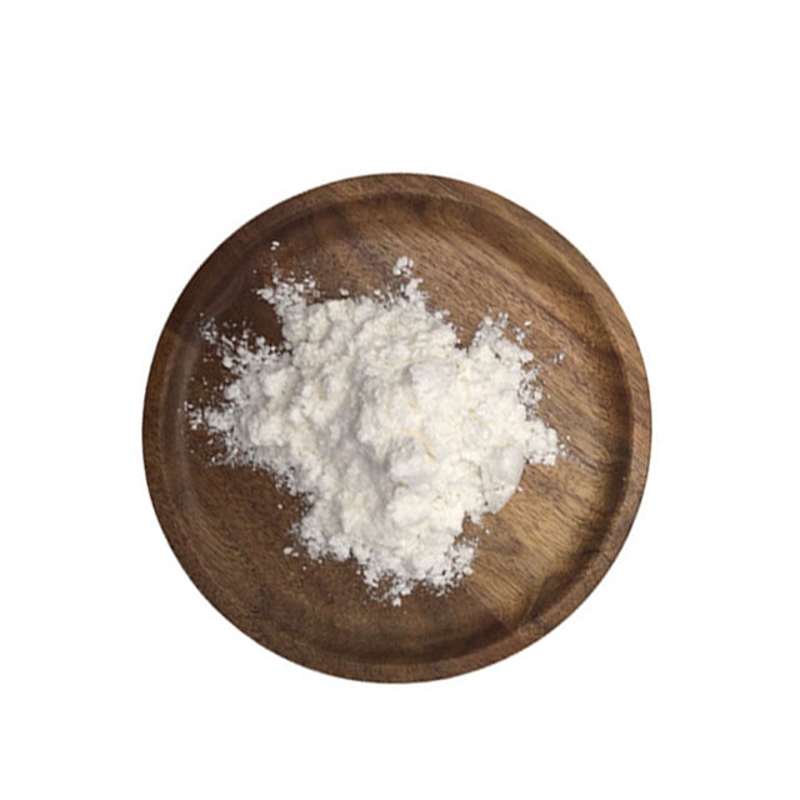-
Categories
-
Pharmaceutical Intermediates
-
Active Pharmaceutical Ingredients
-
Food Additives
- Industrial Coatings
- Agrochemicals
- Dyes and Pigments
- Surfactant
- Flavors and Fragrances
- Chemical Reagents
- Catalyst and Auxiliary
- Natural Products
- Inorganic Chemistry
-
Organic Chemistry
-
Biochemical Engineering
- Analytical Chemistry
- Cosmetic Ingredient
-
Pharmaceutical Intermediates
Promotion
ECHEMI Mall
Wholesale
Weekly Price
Exhibition
News
-
Trade Service
Background and Target Recent studies have found that coagulase levels in the colon of crohn's disease patients are 100 times higher than in healthy control groups.
, the purpose of this study is to determine whether coagulase activity can lead to local tissue abnormalities associated with Crohn's disease.
method researchers studied the activity of clotting enzymes in the gut tissue of Crohn's patients and healthy control groups.
Then induced colitis by the application of trinitrobenzene sulfonate in the colon in rats and mice, and then intraintestinal dosing of clotting enzymes in wild or protease-activated patients, to assess the role and mechanism of local coagulase ascent.
results showed a significant increase in the activity of clotting enzymes in the tissues of patients with Crohn's disease.
expression and activity of coagulase is associated with intestinal cortide cells.
of coagulase activity and expression are also characteristic of experimental colitis in rats.
through a mechanism involving protease activation of the inhibitors -1 and -4, the colon is exposed to an active clotting enzyme dose comparable to inflammatory bowel disease tissue, which can cause mucous membrane damage and tissue dysfunction in mice.
In rodent models, the intraintestinal dosing of the clotting enzyme inhibitor Dabiga group and the inhibition of protease-activated subject 1 prevented further deterioration of colitis caused by trinitrobenzene sulfonate.
concluded that increased activity of localized clotting enzymes, such as in the colon of patients with inflammatory bowel disease, can cause mucous membrane damage and inflammation.
coagulase and protease activation of the subject -1 may be a mechanism for mucous membrane damage and loss of function, so clotting enzymes can be a potential therapeutic target for the treatment of inflammatory bowel disease.







